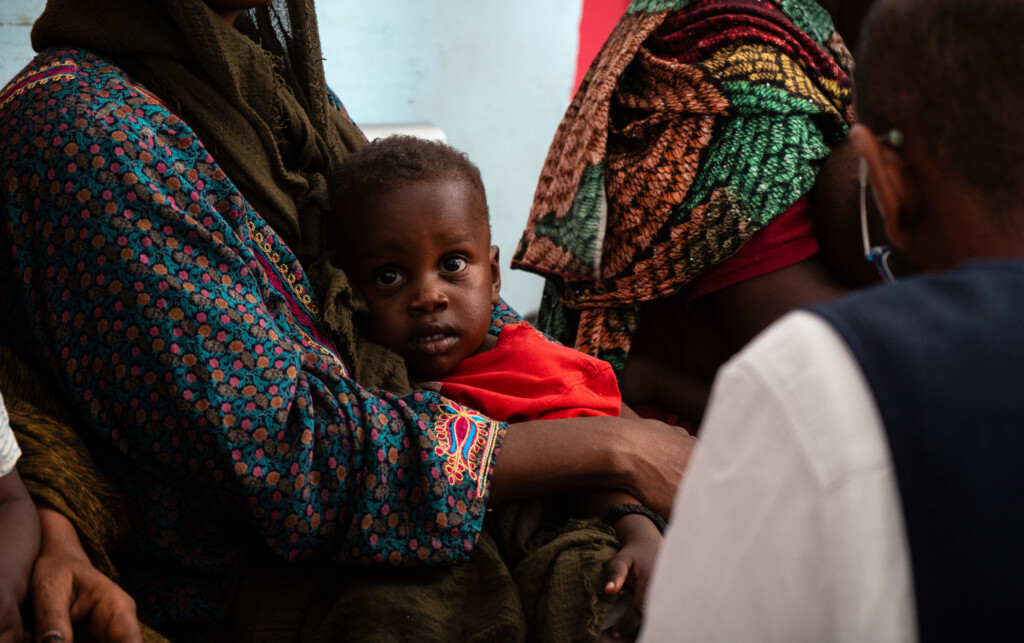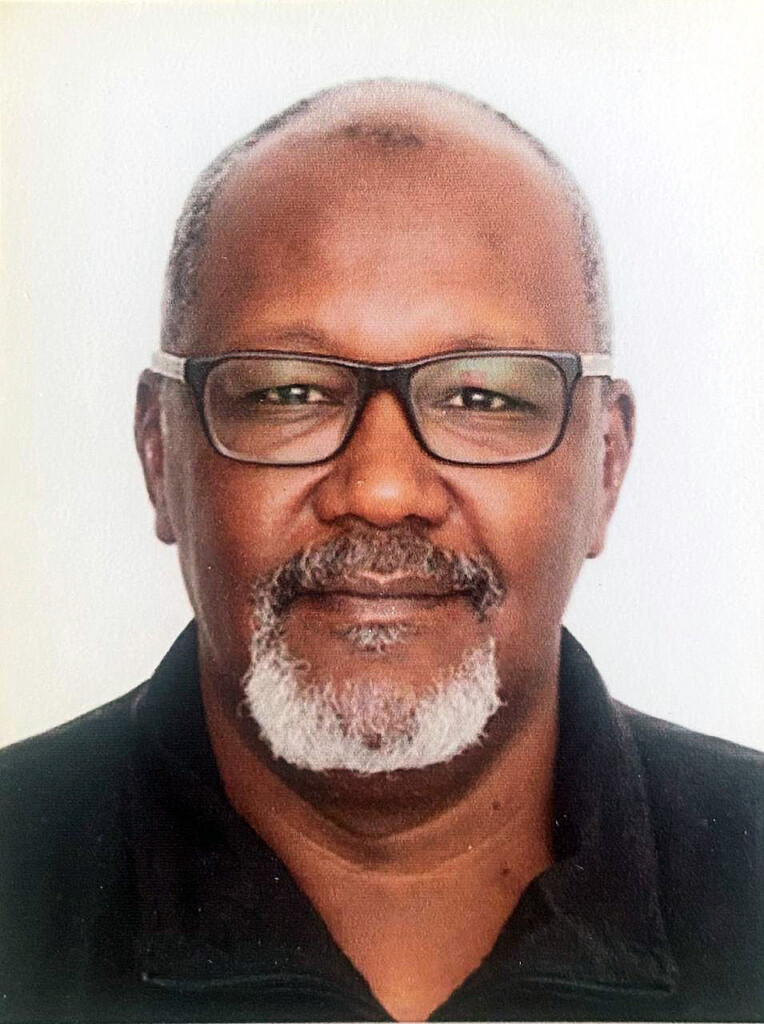‘Sudan’s new reality needs a matching new humanitarian action’

A boy in mother's arms while waiting for assessment at a WFP-supported health centre in Port Sudan (Photo: © WFP / Abubakar Garelnabei)
The conflict between the Sudanese Armed Forces (SAF) and the Rapid Support Forces (RSF) continues to violate international law, leading to significant destruction and the displacement of millions. As Sudan’s conflict enters its third year, it has been described as one of the most severe humanitarian crisis in recent history, according to a CDAC Network briefing by Abdel-Monim El Jak.
The crisis has resulted in an extensive humanitarian emergency, displacing approximately thirteen million people, with almost four million seeking refuge in neighbouring countries.
Sudanese civilians are enduring a dire humanitarian situation, characterised by “severe food insecurity, with many areas experiencing full-scale famine, including chronic malnutrition affecting millions of children and breastfeeding mothers.” The collapse of essential services and infrastructure has further exacerbated the crisis, leading to “outbreaks of cholera, dengue fever, and malaria.”
El Jak’s briefing also notes “violations of international humanitarian law and human rights law by all parties to the conflict persist at alarming levels.” These include “deliberate and indiscriminate attacks on civilians, including bombardment of residential areas and displacement camps; summary executions in retaliation, particularly in areas where control shifts between factions; systematic targeting based on identity, accompanied by brutal torture and extrajudicial killings.” The violations also involve “sexual violence and mass rape used as tools of terror and intimidation; kidnappings and forced detentions, including the use of civilians as human shields; child soldier recruitment, forcing minors into combat; looting and destruction of homes, public services, and infrastructure, including electricity, water, healthcare, and education facilities; occupation of civilian homes by armed forces; and mass displacement and forced migration affecting millions.”
On the way forward, the briefing recommends that “humanitarian response strategies must reflect the current reality of geographic and political fragmentation, with four areas under the control of different warring parties.” This includes “working and supporting local and international humanitarian actors to advance and adopt a decentralised horizontal approach that recognises the existing divisions.”
Diplomatic efforts, the briefing argues, “must pragmatically engage with recent political and military developments, including addressing the challenges of sovereignty and legitimacy to allow and facilitate access of humanitarian action and actors outside SAF control.” It also suggests drawing lessons from “previous humanitarian approaches to cross-line and cross-border operations (e.g., Yemen, Syria and the Sudan Lifeline Operation during the war between North and South Sudan).”
Finally, the briefing calls for an “international conference on the humanitarian crisis with local civil society, bringing together leaders from grassroots groups, mutual aid, independent civil society, political blocs and international agencies… inclusive with collective ownership to address the humanitarian crisis.”
Read the complete CDAC Network briefing here

(Photo: CDAC Network)
Abdel-Monim El Jak is a trained anthropologist. He has worked as a political analyst, advisor, and democracy, peace, and human rights specialist since 2000. His focus has been on strategies for promoting human rights, democracy, peace-making, and humanitarian issues in the Horn of Africa with Open Society Foundation in eastern Africa, and in the Middle East with Cairo Institute for Human Rights Studies. Abdel-Monim consulted on peace, political processes, and civic engagement during his work as a senior staffer with the UN mission in Khartoum, the United States Agency for International Development in Juba, and with the Forum of Federation. He served in leadership positions in several INGOs and civil society organizations and initiatives. (Source: CDAC Network)











 and then
and then